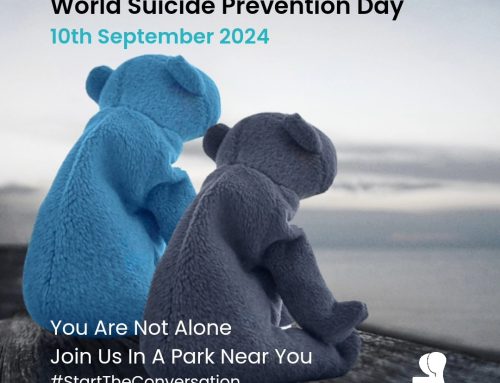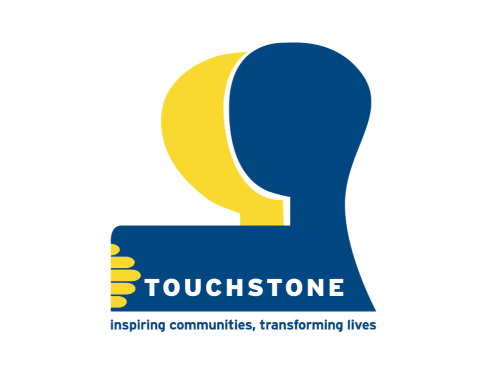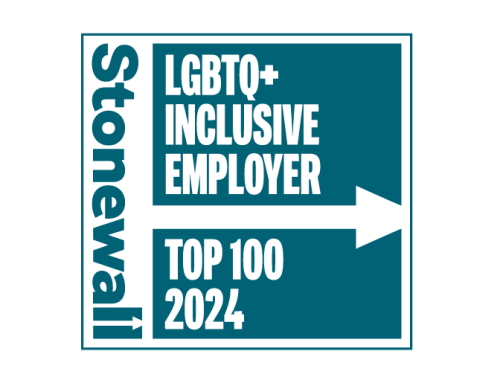“I’m going to talk to you tonight about coming out of the closet, and not in the traditional sense, not just the gay closet. I think we all have closets. Your closet may be telling someone you love her for the first time, or telling someone that you’re pregnant, or telling someone you have cancer, or any of the other hard conversations we have throughout our lives. All a closet is is a hard conversation, and although our topics may vary tremendously, the experience of being in and coming out of the closet is universal. It is scary, and we hate it, and it needs to be done.”
These words are from Ash Beckham’s talk at TedX Boulder back in September 2013. Maybe you’ve seen it already – it’s be doing the rounds on Facebook and Twitter ever since. If you haven’t seen it, I’d recommend that you take the 9 and a half minutes to do so now. If you have seen it before, it won’t hurt to listen to this touching, funny and honest talk again.
So what is coming out? Basically it’s any time we choose to tell somebody the truth, even though we’re not sure how they’ll respond to it. It’s when we share something which we’ve previously chosen to keep secret. It takes courage.
Possibly – hopefully – it’ll come as a relief to everyone concerned. Keeping secrets is often harder work than we realise at the time.
National Coming Out Day
11th October every year is named National Coming Out Day (though it is now marked internationally). It was started in 1988 by U.S. gay rights activists, Dr. Robert Eichberg and Jean O’Leary and it is a celebration of that courage to come out and of the freedom to do so.
According to Stonewall at least 1 in 4 LGB people are not out at work. The figure is expected to be even higher for Trans people. What they’ve also found is that 62% of people who considered themselves out at university, feel the need to conceal their sexuality again when they join the workforce.
Dr. Eichberg said, “Most people think they don’t know anyone gay or lesbian, and in fact everybody does.” Stonewall says, “Each individual who speaks up changes more hearts and minds, and creates new advocates for equality.”
Of course, nobody should tell you when and how it’s right for you to come out. And it may be that coming out is actually a gradual process – being out at home is different to being out to your friends and different again to being out at work. Two questions we could all ask ourselves on National Coming Out Day are:
- What truth am I ready to stop hiding?
- How can I help other people feel safe to show their true selves?
For more information and support, download Stonewall’s guide to coming out.





